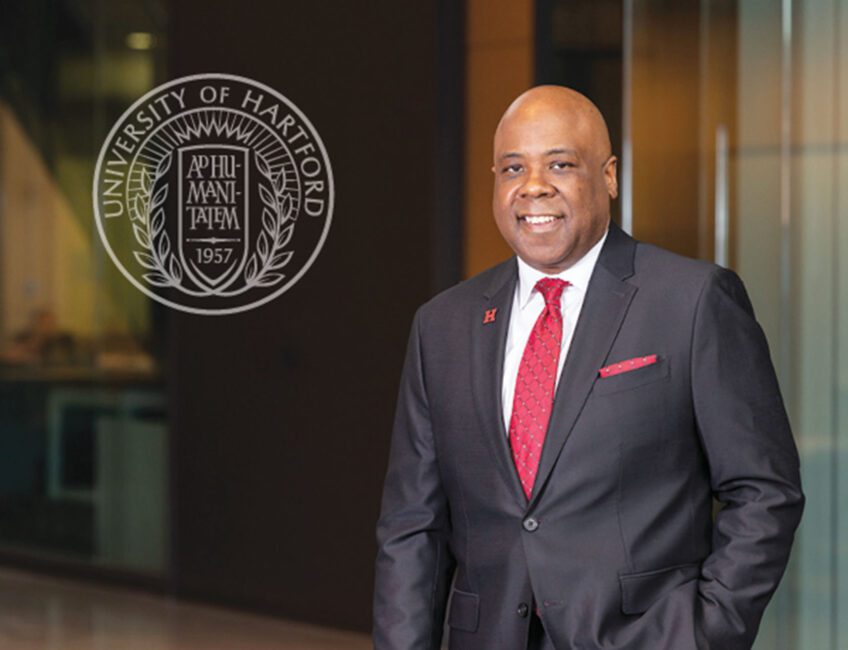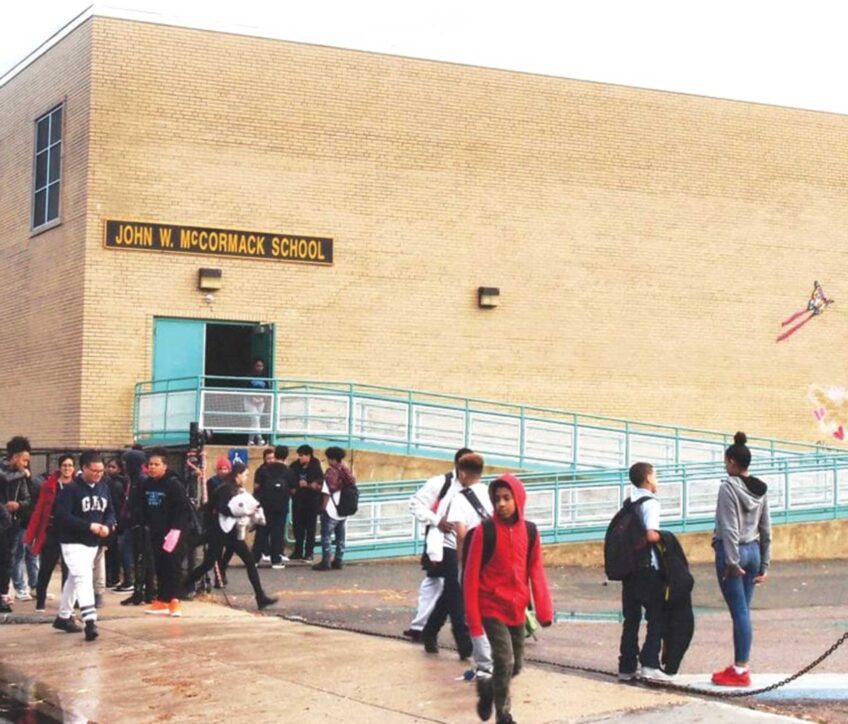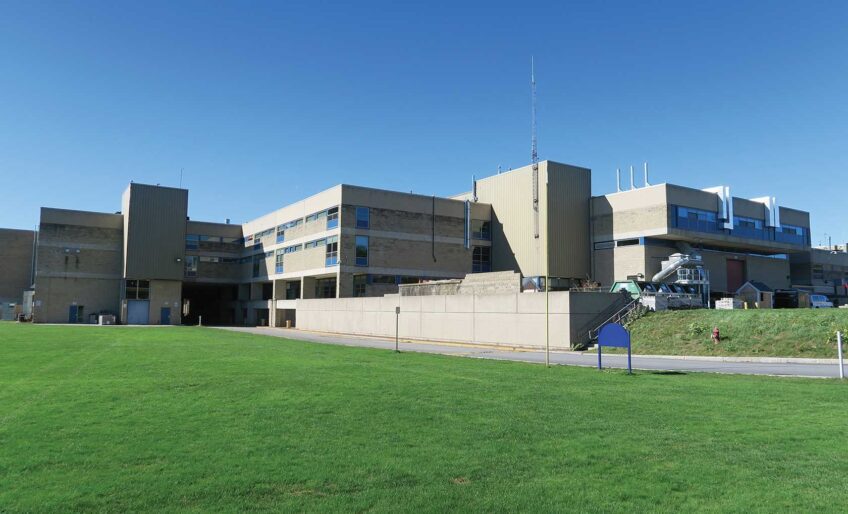Walsh supportive of body cameras
Commissioner, councilors on board with full implementation after study
Mayor Martin Walsh for the first time signaled support for funding full implementation of body-worn cameras after city councilors, community activists and Boston Police Department brass testified in support of implementing the devices during a hearing Monday.
Walsh’s signal of support, via a statement from a Mayor’s Office spokesperson to the Boston Globe, came after Police Commissioner William Evans gave a favorable review of a pilot program that saw 100 officers outfitted with the devices for a year.
“For the most part, it’s all been positive. I haven’t heard one complaint from the officers,” Evans told the councilors during the Monday hearing.
Evans said the cameras have been useful in quelling disturbances and have helped officers provide evidence in court.
“I think we’ve seen the value of bringing those cases to court, especially in gun cases where it’s all on video,” he said. “I know the district attorneys like them. I know the defense attorneys like them.”
Promising results
During the pilot program, the officers recorded 38,200 videos with 4,600 hours of footage. The officers in the pilot program had fewer civilian complaints and fewer reported incidents of use of excessive force, although the sample size is not large enough to be statistically significant.
“In at least two cases, complaints brought against officers were cleared by videos,” Evans said.
Full implementation of body-worn cameras for 1,500 officers would cost the city $7 million in the first year and as much as $25 million over five years, according to Boston Police Department Superintendent John J. Daley. Walsh did not say how much funding the city would dedicate to the implementation of body cameras.
Consensus
City Council President Andrea Campbell said she believes the city should “absolutely” implement body cameras.
“There is something about this idea of increasing trust, increasing accountability and transparency for both parties that you can’t always monetize,” she said.
Walsh, police officials and the Boston Police Patrolmen’s Association initially resisted calls for body cameras. In the first phase of the pilot program, not one officer volunteered to wear a camera. City officials eventually negotiated a compromise with the union through which officers were chosen at random to participate in the pilot project.
Segun Idowu, an organizer of the Boston Police Camera Action Team which has been advocating for cameras for four years, said he was pleased with the increased support for the devices, and suggested that during its next hearing, the Council take up the suggested policies for the cameras’ implementation that have been advocated by his group, the NAACP and ACLU.






